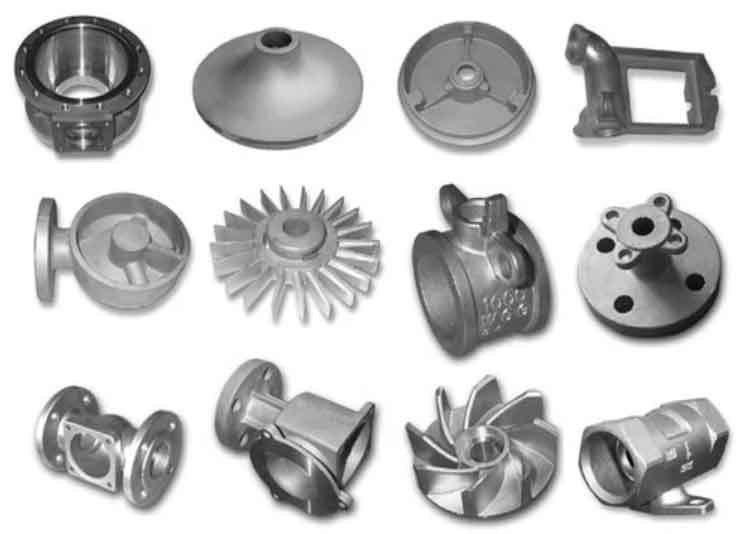
Sustainable steel casting is becoming increasingly important as manufacturers embrace eco-friendly practices to reduce their environmental impact and promote a more sustainable future. Here are some ways that steel casting manufacturers adopt eco-friendly practices in casting production:
- Energy Efficiency: Manufacturers strive to optimize energy usage during the casting process by employing energy-efficient technologies, using renewable energy sources, and implementing energy-saving measures to reduce their carbon footprint.
- Recycling and Scrap Management: Steel casting manufacturers recycle scrap metal generated during the casting process. By recycling and reusing materials, they minimize waste and conserve natural resources.
- Green Sand Molding: Green sand molding is a casting process that utilizes sand bonded with organic compounds rather than chemical resins. It is more environmentally friendly as it reduces the emission of harmful substances during casting.
- Water Conservation: Implementing water recycling and reuse systems in the casting process helps conserve water resources and reduces water consumption.
- Emission Control: Manufacturers employ advanced emission control technologies to limit air pollution and greenhouse gas emissions, helping to mitigate the impact of casting processes on the environment.
- Green Initiatives in Foundries: Steel casting foundries may adopt green initiatives, such as waste reduction programs, eco-friendly coatings, and the use of low-emission refractories, to promote sustainability.
- Efficient Production Planning: Proper production planning and scheduling can optimize resource utilization and minimize energy consumption, leading to reduced environmental impact.
- Material Selection: Manufacturers may choose eco-friendly materials and alloys that have lower environmental impacts during their life cycle.
- Lean Manufacturing: Implementing lean manufacturing principles can lead to reduced material waste, energy usage, and overall environmental impact.
- Life Cycle Assessment: Conducting a life cycle assessment of casting processes and products helps manufacturers identify areas for improvement and adopt more sustainable practices.
- Certifications and Standards: Manufacturers may seek certifications like ISO 14001 for environmental management systems, ensuring that they adhere to internationally recognized environmental standards.
- Partnerships for Sustainability: Collaborating with suppliers, customers, and industry stakeholders to promote sustainability and implement sustainable practices throughout the supply chain.
By integrating eco-friendly practices into their operations, steel casting manufacturers contribute to environmental conservation, minimize their ecological footprint, and support a more sustainable future for the industry and the planet.
